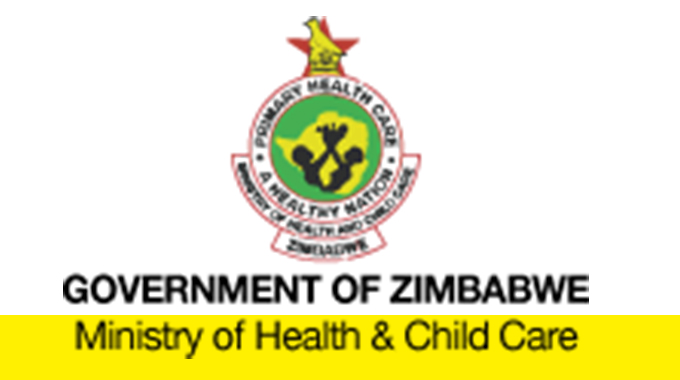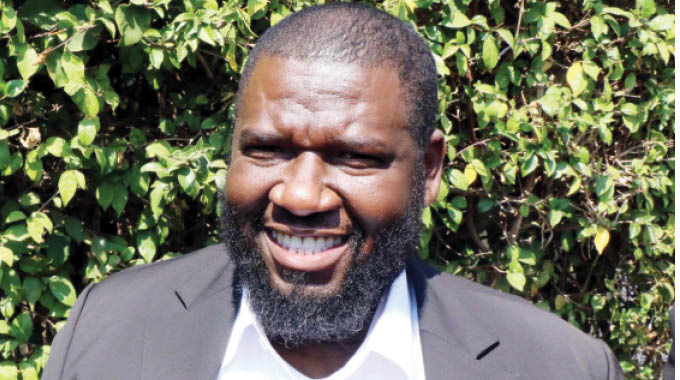Promote adolescent access to sexual health services

Health, Andile Tshuma
SCHOOLS have closed once again and parents have been reunited with their children who have been away at boarding schools. However, the closure of schools in the past years has brought headaches as it heralds the infamous Vuzu parties characterised by risky behaviour and teen delinquency.
While a number of stakeholders in society are making efforts to end the ill, a lot of damage has been done as young girls have died while attempting to terminate unwanted pregnancies and a number of young people have contacted sexually transmitted infections including HIV and Aids.
While Vuzu parties are bad and should end, it is a stubborn fact that young people are engaging in sexual intercourse and preaching abstinence to those already indulging may not work. It is better to ensure that they are safe while at it.
Zimbabwe has one of the highest rates of contraceptive use in Southern Africa.
However, sexually active adolescents intending to protect themselves against sexually transmitted infections and unwanted pregnancies are experiencing challenges in accessing essential services due to inconsistencies with current laws and other socio-economic barriers.
Snags in accessing contraceptives and other sexual reproductive health services have seen adolescent girls exposed to problems such as birth complications and deaths as a result of illegal abortions.
The Ministry of Health and Child Care recently said abortions in the country fuel maternal deaths, with 80 deaths having been recorded in the first four months of this year.
The director of Family Health in the Ministry of Health and Child Care, Dr Bernard Madzima, said many young women and girls who undergo illegal abortions suffer infections but do not seek medical attention due to fear of prosecution.
He said all women must feel free to go to health centres as health personnel will not persecute them.
“Health professionals are not investigators, their job is to render health-related services to the public. People must not fear to approach hospitals. Many people do not get the post-abortal care that they must get to prevent infections. Blood must be available to all women needing post abortal treatment, whatever their circumstances,” said Dr Madzima.
He said another major cause of maternal deaths in Zimbabwe was intensive bleeding and that while the maternal mortality rate has significantly dropped in the country, the figure remains very high.
“The figure has significantly reduced. However, it still remains unacceptably high because no woman must die while bringing a new life to this world. The current statistics from a 2012 survey state that our maternal mortality rate stands at 600 per 100 000 births annually. This is a significant drop from the previous study where the maternal mortality rate stood at 960 per 100 000 live births. The average deaths per day in 2010 stood at eight,” said Dr Madzima.
Speaking at a dialogue on the age of consent organised by Youth Engage and Right Now, Right Here, Zimbabwe (RNRH ZW) in Harare recently, the chairperson of Parliamentary Portfolio Committee on Health, Dr Ruth Labode, said her committee has always been pushing for government to consider availing sexual reproductive health services such as contraceptives to young girls and boys to avoid unwanted pregnancies and sexually transmitted infections (STIs).
Dr Labode said the Public Health Act should be revisited to identify sections that hinder children below the age of consent to access SRH and amend it.
“If a child goes to a clinic saying she is sexually active and wants family planning tablets, give them regardless of their age,” she said.
The current laws in Zimbabwe, particularly the Public Health Act, restricts children under the age of 16 from accessing SRH services such as contraceptives and emergency family planning pills because they are below the age of consent.
Age of consent laws serve as a means for regulating children and young people’s sexual activity and behaviour. But these laws do not, of course, guarantee that young people will remain abstinent in practice.
According to the demographic health data for Zimbabwe, nearly 40 percent of girls and 24 percent of boys are sexually active before they reach the age of 18, a development which compromises their health.
A report by the Ministry of Health and Child Care, United Nations Population Fund (UNFPA) and Zimbabwe National Family Planning Council (ZNFPC) says 48 percent of adolescents have confirmed unplanned pregnancies. Therefore, while the age of consent is 16 in Zimbabwe, young girls and boys under the age of 16 are indulging.
So if these children can have sex among themselves, there should have access to contraceptives to protect themselves against diseases and pregnancies.
Some children are born with HIV and they are having sex with others of their age. At 12 a girl can fall pregnant hence they need protection against STIs and early pregnancies.
According to the 2015 Zimbabwe Demographic and Health Survey (2015 ZDHS), it is estimated that about 51 percent of adolescents access their contraceptives from private pharmacies.
The age of consent should remain at 16, but authorities should also remove laws which restrict adolescents to access SRH services including contraceptives, HIV testing and information. Children should get access to information about SRH.
Our culture stigmatises sexual activity outside of marriage. It is not advisable for minors to have sex before marriage but these children are doing it, and they need education on sexual health and access to contraceptives to protect themselves.
In July 2017, most countries across the world agreed at the Family Planning Summit in London to galvanise progress towards the Family Planning 2020 goal of enabling 120 million additional women and girls to use modern contraception by 2020 and to strengthen the foundation for universal access to sexual and reproductive health, including family planning, by 2030.
Preventing teenagers from getting contraceptives won’t stop them from having sex but it will just drive them away from the services they need to protect themselves, leading to higher rates of unintended pregnancies and STIs, including HIV.








Comments